
A 10-month-old baby was returned to the care of his drug-taking parents’, who murdered him barely a month later, after they convinced authorities they could look after him, court documents show.
Finley Boden was killed on Christmas Day 2020 after a campaign of abuse at the hands of Stephen Boden and Shannon Marsden, which left him with 150 injuries including broken bones and burns.
He was taken into care as soon as he was born after social workers from Derbyshire Council concluded he was at ‘serious risk of harm’ if he stayed with his parents.
They said the couple were living in squalor, with the home in Chesterfield described as ‘very unclean and at times hazardous with faeces on the floor’.
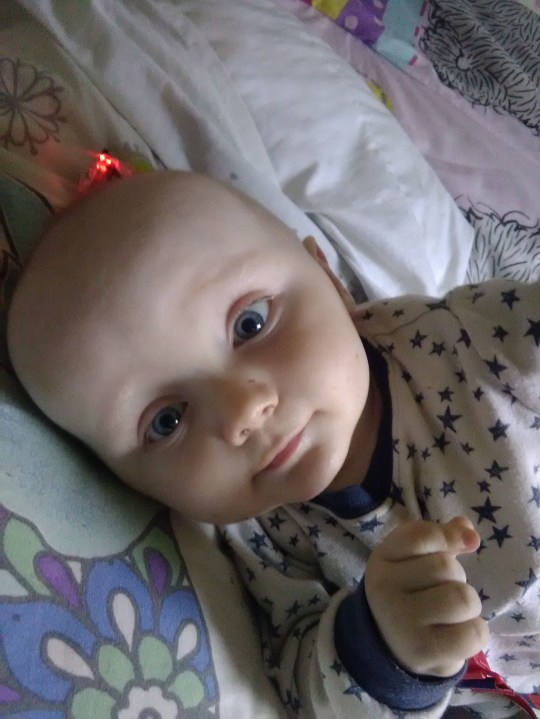
There were also concerns over domestic violence, which Boden had previously been convicted of, and the pair’s use of cannabis.
The court documents reveal what took place between the decision to place Finley into care in February 2020 and the ruling that he should be returned in November – 39 days before he died.
Once the UK went into lockdown that spring, social workers stopped routine home visits and in Finley’s case, his mum was allowed to submit photos showing the state of the home.
They show how the couple cleared up the terraced house as part of their attempt to convince authorities they could look after Finley full-time.
Tragically, photos shown to jurors during their subsequent trial showed cannabis paraphernalia sitting next to out of date baby formula, bins overflowing with rubbish and Finley’s clothes and bedcovers covered in spit, blood and phlegm.
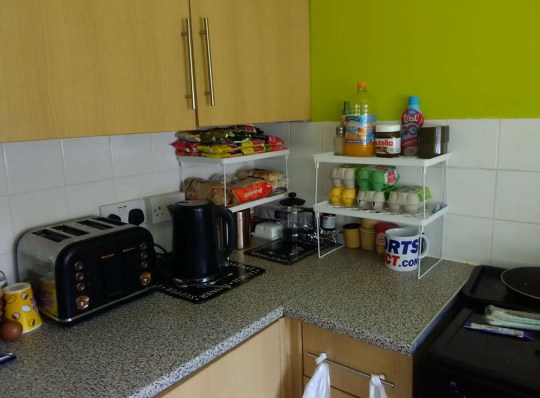
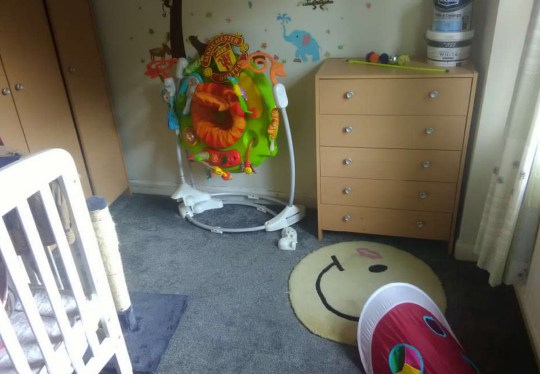
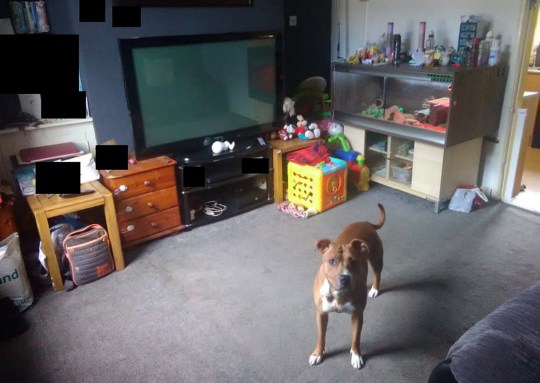
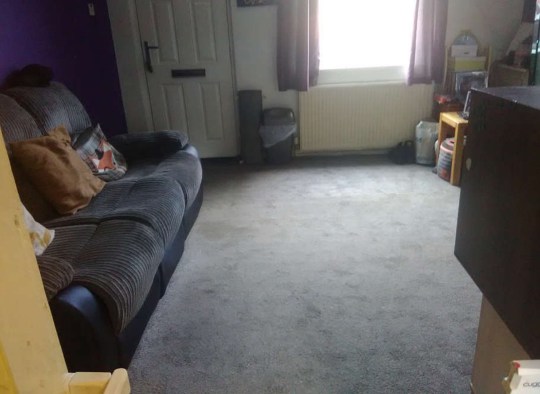
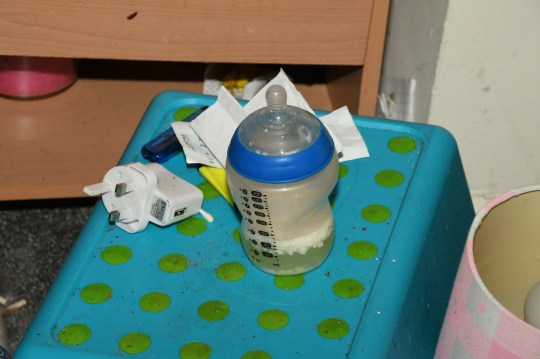
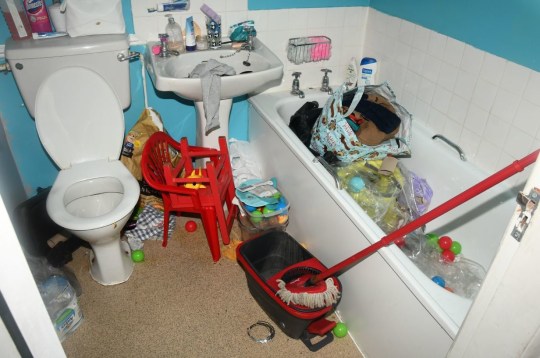

When restrictions eased over the summer, the couple were permitted to meet Finley in person.
Some sessions were overseen by a social worker who later submitted a report to the family court hearing on October 1.
By September, social workers, while acknowledging that a gradual transition to full-time care would be needed, said that Boden and Marsden ‘have shown their ability to begin to make changes’.
The couple attended all 16 contact sessions with Finley and cuddled and kissed him as social workers said they had ‘no concerns’ over their ability to love their son.
As part of submissions to a Family Court, the pair, described as ‘attentive and loving parents’ by a carer, said their son was ‘perfect’ and a ‘cuddly, chunky munchkin’.
But at the same time, the local authority recommended that Finley ‘should be returned to the parents in a planned and gradual way’, raising concerns over continued, albeit decreased, drug use, and the impact of caring for a child full time.

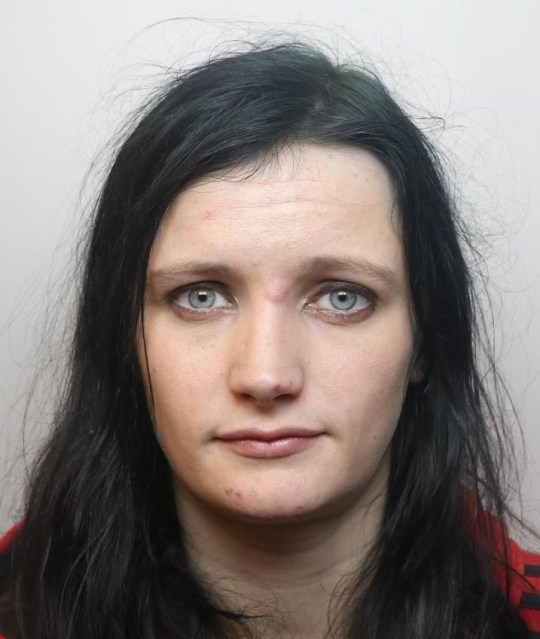
A social worker warned Finley was ‘at risk of suffering from neglect, physical and emotional harm’ if his parents were ‘unable to continue to make and sustain positive changes around home conditions’, including substance misuse and ensuring his care needs were met consistently.
But the council’s plea for a four-month transition period, and the request for Boden and Marsden to undergo regular drug testing, were both rejected by lay magistrates – who have no legal training but are assisted by a qualified adviser – in a hearing carried out over the phone in just under two hours.
Instead, they ordered he be returned to them within eight weeks without any tests.
Drug use later became a key theme of the criminal trial, with the jury hearing how Boden prioritised sourcing cash to buy and smoke cannabis over his son’s care.
They also saw a text message he sent a dealer about Finley two days before his son’s death, saying: ‘I want to bounce him off the walls.’
The Children and Family Court Advisory and Support Service (Cafcass), which appoints a guardian to represent the child in Family Court hearings and make independent assessments as to what is best for them, said that ‘no one could have predicted’ Marsden and Boden would murder their 10-month-old son after he returned to their care.
In a statement, a spokesperson said: ‘Our first thoughts are with those who knew Finley and especially those who loved him and are affected terribly by what happened to him.
‘The details of the trial will have renewed their trauma and distress at his loss.
‘On the basis of what was known at the time and during the proceedings, including the efforts of the parents to persuade everyone involved that they loved Finley and had made changes so they could care for him, Finley’s social worker and guardian agreed that he could be placed in their care.
‘Everyone involved believed that Finley’s parents had made and sustained the changes necessary to care for him safely.
‘There was nothing to suggest at the time that they would be capable of such cruelty, let alone murder him.’
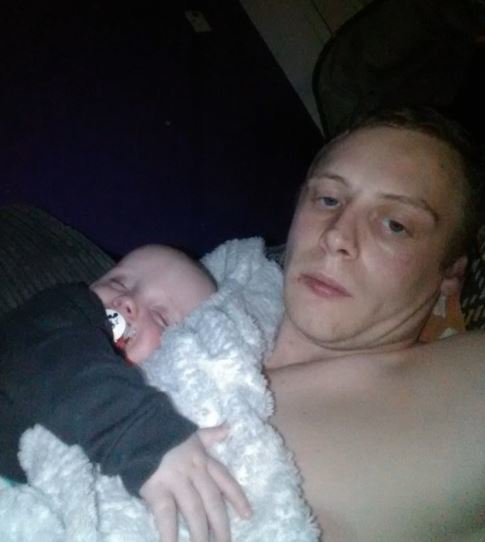
A transcript of the Family Court hearing has shown Finley’s Cafcass guardian was ‘not satisfied that that [four-month] transition plan is in the interests of [Finley] or necessary to be drawn out for such a long period’.
Instead, they advocated the child returning to their parents within eight weeks but asked for the case to return to court after a four-month extension to ensure the council was happy with Finley’s rehabilitation.
Speaking on Tuesday, Cafcass said the guardian felt it was ‘imperative’ that the court reviewed the arrangements once court proceedings had concluded.
They said: ‘It was her view that as long as everyone was agreed that his parents had made the necessary changes, that unification with his parents was in his long-term best interests and that there was ongoing oversight by the local authority, then prolonging the transition plan where he would pass backwards and forwards… was unnecessary and would be unsettling for him.
‘It is not possible to say whether a longer transition plan would have prevented Finley’s death.
‘What led to his death was the ability of his parents to deceive everyone involved about their love for him and their desire to care for him. This deception included their own extended family.
‘No one could have predicted from what was known at the time that they were capable of such cruelty or that there was a risk that they would intentionally hurt him, let alone murder him.’
A spokesperson for the Derby and Derbyshire Safeguarding Children Partnership said: ‘We are aware that the courts have approved the release of documents related to a Family Court hearing in the case of Finley Boden.
‘Key partner agencies are currently involved in completing an independent Local Child Safeguarding Practice Review and these documents will be considered as part of that process.
‘The Derby and Derbyshire Safeguarding Children Partnership will publish the findings of the review in the latter part of 2023. This will include a full description of actions taken, along with evidence of the improvements to local safeguarding arrangements.’
Boden and Marsden will be sentenced on Friday.
MP: Finley’s death ‘shocking’ but ‘unsurprising’ due to social services’ workload
The MP for Chesterfield said the death of a 10-month-old Finley in his constituency was ‘shocking’ but ‘unsurprising’ due to ‘failures across the system’ in social services and the courts.
Toby Perkins said the parents, who will be sentenced for their son’s murder on Friday, were able to ‘constantly outwit’ the court and social services in order to win him back.
He said: ‘The documents add to the sense of huge frustration and upset that people will be feeling about the way in which the young man’s future, young baby’s future, was dealt with in a variety of ways, including the impact of the court delays and coronavirus measures, on the ability of the court to keep Finley safe.
‘I think the way that social services appear to have carried out their duties, and the way that the parents who ultimately murdered young Finley were able to constantly outwit both the social services and the courts over this process, means in a way it isn’t surprising – but it is certainly shocking.
‘The court case appears to have been so confused and the decision-making within it appears to have been handled so lightly.
‘That then led on to the decisions taken by social services and their ability to keep Finley safe which, ultimately, tragically ended in him being murdered.’
The transcript of the family court hearing shows Derbyshire County Council asked the court for Finley to be returned to his parent’s full-time care over the space of four months, but other parties involved asked for an eight-week transition followed by supervision.
The latter option was granted by the court, which also stopped short of ordering the parents to be regularly drug tested despite evidence they had lied to social services about their cannabis use.
Mr Perkins said he welcomes a serious case review being carried out into Finley’s case by the Derby and Derbyshire Safeguarding Children Partnership, the findings of which are due later this year.
He is trying to meet with the council to discuss the ‘lessons learned’.
He said a widespread underfunding of social services and the court system contributed to the outcome of Finley’s case, saying he has heard of high caseloads of social workers at constituency surgeries, which means another child could ‘slip through the net’.
He said: ‘What I think is really important from this is that we don’t too narrowly look purely at Finley’s case – obviously it’s important we look at that case – but also view it in the wider context in terms of the performance of the court in relation to the demands on them, and the performance of social services as a department, in the context of the demands on them.
‘If that tells us that social workers are dealing with two or three times more cases than they should be, it’s really unfair and unreasonable for social services bosses to then turn to individual social workers and say, ‘You got this decision wrong’, if in actual fact those very same bosses had been requiring social workers to do two or three times more work than they should reasonably have been expected to do.
‘I do believe there have been failures across the system that have resulted in Finley Boden’s death, and I’m determined that a full and transparent review of all of those decisions should take place and the evidence should lead us to where the evidence should lead us in terms of who’s responsible for that.’




